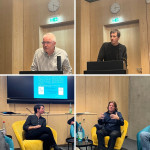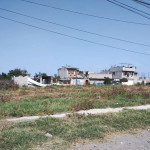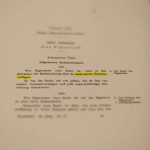
From Contested Ownership to (In)Voluntary Returns
This episode documents the workshop about interdisciplinary perspectives on the postcolonial fight for restitution and reparation. In the beginning, the organizers of the workshop, Silvan Niedermeier (University of Erfurt) and Sahra Rausch (Friedrich Schiller University Jena), will present the event. Afterwords, there is an interview with Flower Manase (National Museum of Tanzania) conducted by Aari Hönning (University of Erfurt). The interdisciplinary workshop aimed to reassess the fight for repatriation and restitution by bringing together questions of ownership and voluntariness that are addressed in the Collaborative Research Center “Structural Change of Property” (Universities Erfurt and Jena) and the DFG-Research Unit on “Voluntariness” (Universities of Erfurt, Jena and Oldenburg). As part of the workshop, Flower Manase spoke about Restitution and the Question of “Cultural Belongings/Properties Ownership” in Tanzania. In the interview, she talks about her motivation, experiences and challenges during her work as one of the curators of the National Museum of Tanzania. Links: Flower Manase’s LinkedIn: https://www.linkedin.com/in/flower-manase-4b432426/ Aari Hönning’s Podcast: https://podcasts.social/@Vergangenes_in_Wort_und_Bild




